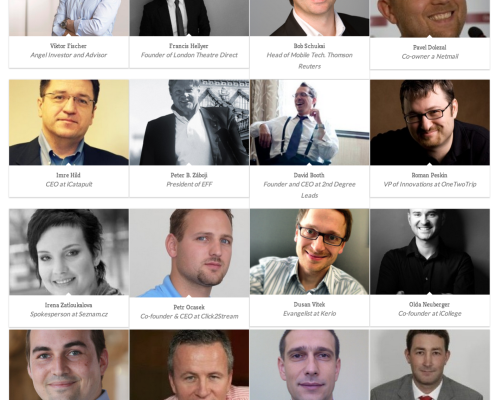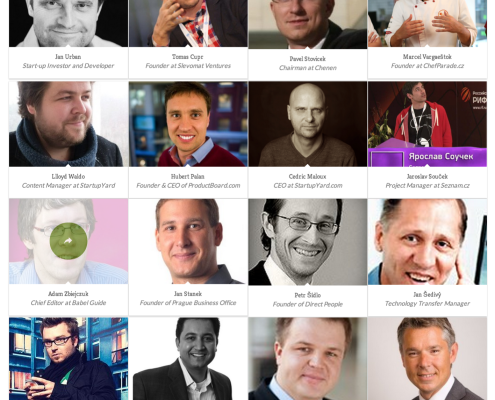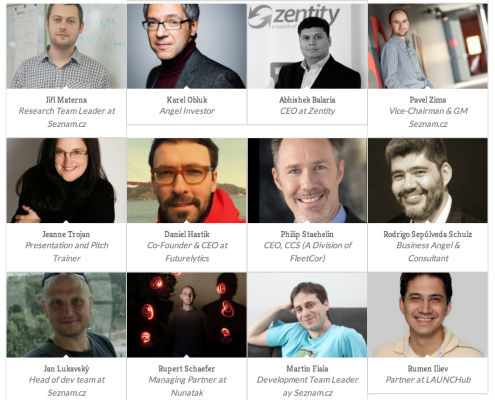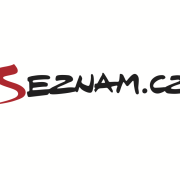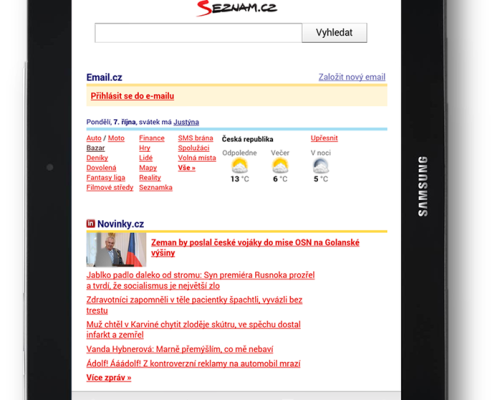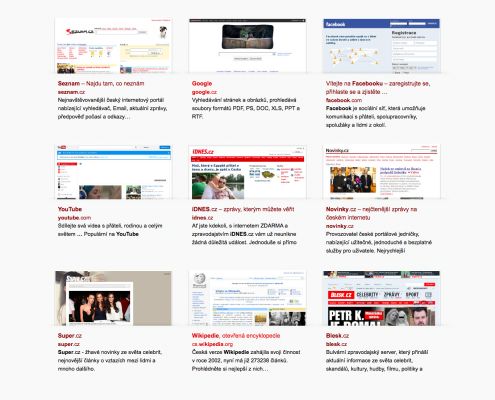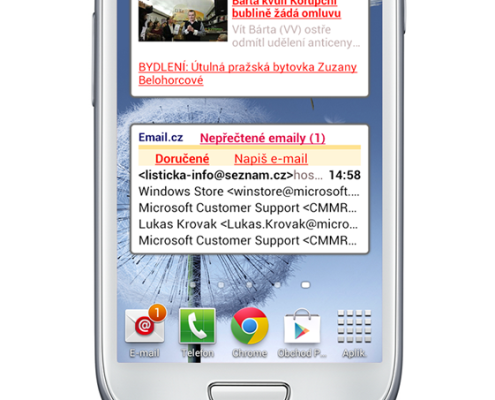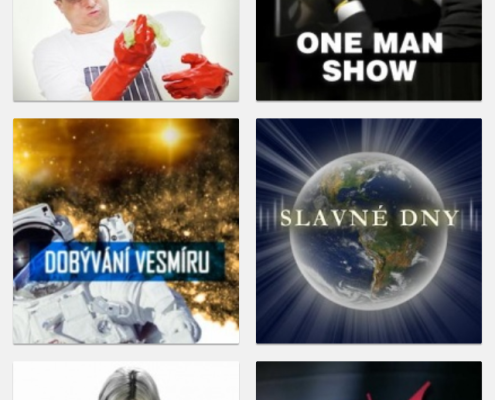Meet the 2014 Startups: Warrant.ly: Neutralize Murphy’s Law
Hi Nikola, tell us a little about Warrantly. What does the app do?
Warrantly is a cloud-based warranty management service. It alleviates the pain customers are facing with existing paperwork– the kind that you usually just put somewhere and forget about it. With our app, you can totally forget about it as well, but when you inevitably have a broken appliance, you’ll always know your papers are securely stored on our servers, just a few clicks away whenever you need them. It will also allow retailers and manufacturers to issue warranties at the point of sale and create a lasting bond with their customers.
What do customers currently do with their warranties?
A surprising number of people actually just throw them away. Our customer survey showed that up to 90% of warranty information ends up in the trash without being used. Otherwise, people just throw it in a drawer somewhere. Very often, in places like the EU where certain items have statutory 2 year warranties, people don’t even realize this fact, and they discard paperwork that could save them a good bit of money.
Even if people do save warranties, the process of redeeming them can be annoying and frustrating. Finding the paperwork, going back to the store, and having to deal with the process is a reason to just forget the whole thing.
How did you strike on this idea? It’s surprising that there isn’t already a good digital solution for this issue. Why do you think it hasn’t been tackled before?
It actually came out of a personal annoyance! Warranty claims were always a frustrating experience for me, having to dig through all the paperwork trying to find that one warranty which always mysteriously disappears for some reason. There’s probably a “Murphy’s law” type of thing for this…
So the prospect of “digitizing” warranties seemed pretty exciting to us, to pioneer the transition which seems totally logical at this point. Up till now, people have been trying to address this individually in an ad-hoc way (like taking warranty snapshots and storing them, for example), but this whole area seems more like a cascade of issues that we’re trying to tackle with an all-round after-purchase solution. It’s not obvious until it’s right there for the customer.
What do you see as your biggest technical and business challenges in the near future?
Getting the product out there will be a challenge. Our team is small at the moment, and while we’re fully committed to develop the most perfect warranty management platform out there, that alone will not be sufficient to convince people to use it. We need marketing and sales professionals that will help us with the campaign, and let people know there’s a new, much more practical way of handling product warranties.
Your team comes from Serbia. Do you plan to grow in the Southern European market, or is the CEE a better test-bed for your platform?
We do plan to make Serbia the initial market for our platform. In some areas it’s pretty underdeveloped compared to the CEE, but we see that as an advantage. We will be the first ones to offer standardised extended warranty plans, and deliver a choice for people who would like to prolong the peace of mind when it comes to their favourite gadgets.
What do you see as your best prospects for revenue generation in this market? Is this ultimately a consumer-facing service, or an added-value for manufacturers and retailers?
In a way, it’s both. Consumers will use the service to access their product warranties, but we intend to keep the way things are at the moment, so the service will be totally free of charge for individuals. We plan on charging manufacturers and retailers a symbolic fee per issued warranty. No hidden expenses, fair and simple. In return, they can completely forget about fitting unnecessary papers in their product packaging and having them signed or stamped at the point of sale. They will also have access to various analytics about their own products, and even be able to communicate directly to a customer to resolve potential problems and build brand loyalty.
Walk us through that process. How do you picture a customer purchasing a warranty, using your app? How will they resolve issues with manufacturers?
Customers can simply download our app, or use the web app in the browser to upload all the warranties and receipts, let our OCR software take care of all the data, which is afterwards presented in a clear and intuitive way.
No input on the customer’s side, unless some of the files are simply unreadable for our system. After the partnership with manufacturers and retailers gets underway, the user will only need to give the seller an email address he/she used to sign up with our system (or receive an email invite in case they’re not existing users), and the product with its associated warranty shows up in their account. If, god forbid, they have a problem with any of the products, a simple tap/click of a button reports the issue to the person in charge of warranty claims, and the user is presented with the solution.
Let’s talk about your team. How did you come together? What kinds of people are you planning to add in the near future?
We’ve known each other a long time, some of us even worked together in the past, so everything came rather spontaneously. At one point I mentioned the idea to the other guys, and got the same reaction – “let’s do it!”
It’s one of those problems you can identify with instantly – being so interested in gadgets and tech, we all had phantom paper stacks that occasionally drove us crazy. Considering we’re a bunch of geeks, we’ve got the development covered, so we’re in need of people dealing with the business side, especially in areas of marketing, finance and sales.
How has your experience been with StartupYard? Which of the mentors have had the deepest impact on your approach to Warrantly?
We are truly happy and honoured to be a part of StartupYard’s acceleration program. Leaving everything behind and coming to Prague for a few months is probably not something everyone would be ready for, but we always had the feeling it was the right thing to do, and now we’re just totally sure about it. Everyone from the SY team are devoted professionals that really helped us a lot with all the things we’ve been struggling with on our own.
Same goes for the mentors – for the first month we talked to a lot of them, gathered some thought-provoking feedback, went a full circle with different ideas and approaches, so right now we’re pretty confident about the direction we’re going. Viktor Fischer, amongst others, really impressed us with his approach and attitude, he is a really knowledgeable guy. Special thanks goes to Marcel Vargaestok as well for providing us with some valuable contacts with people inside the manufacturing business, and others who challenged our ideas and provided a fresh angle on the topic.


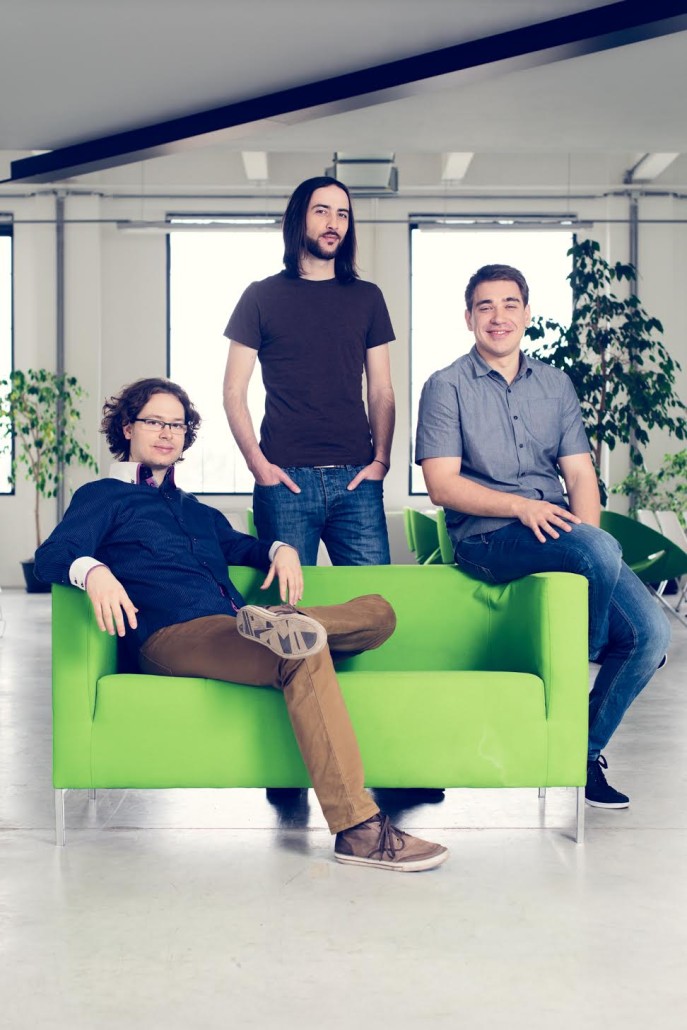








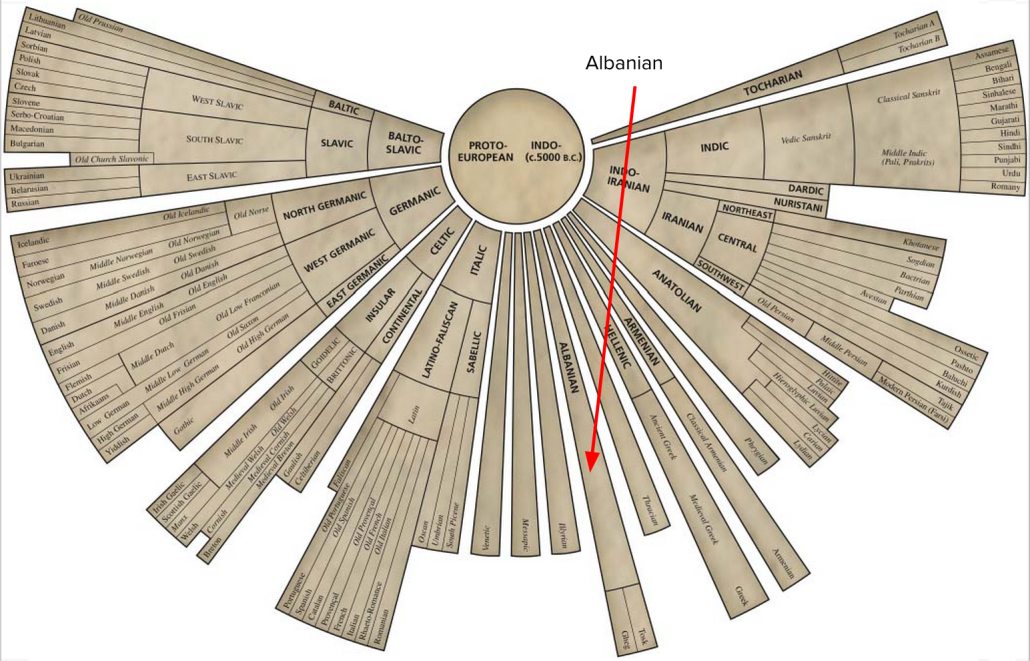
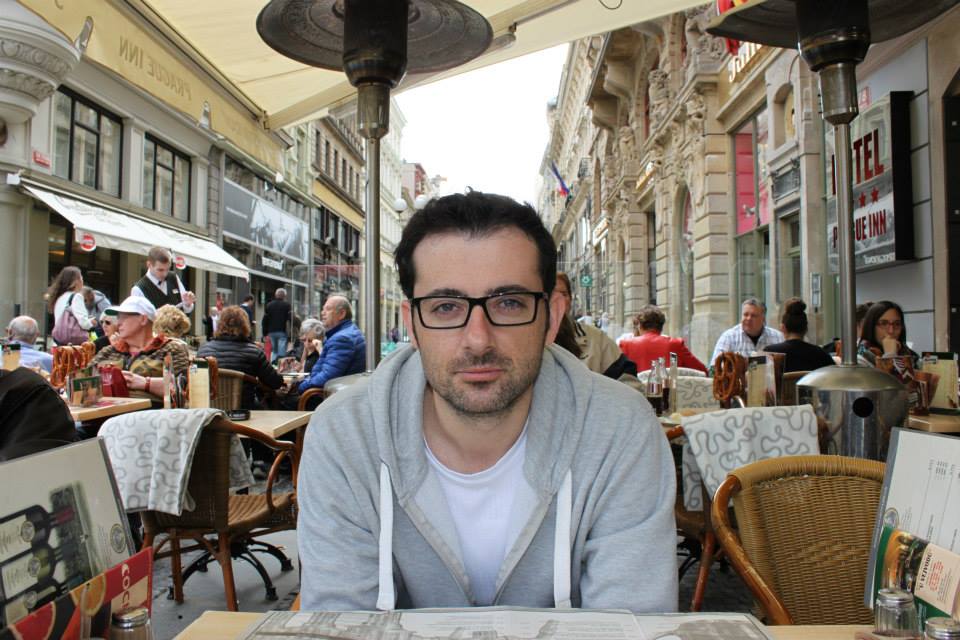
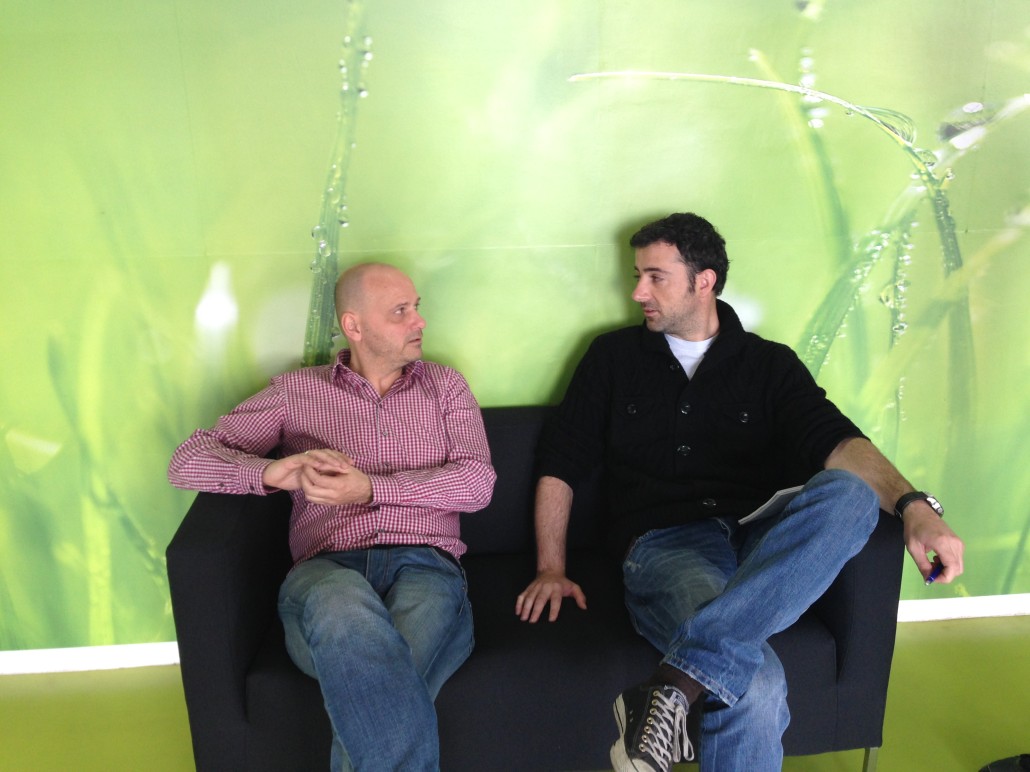




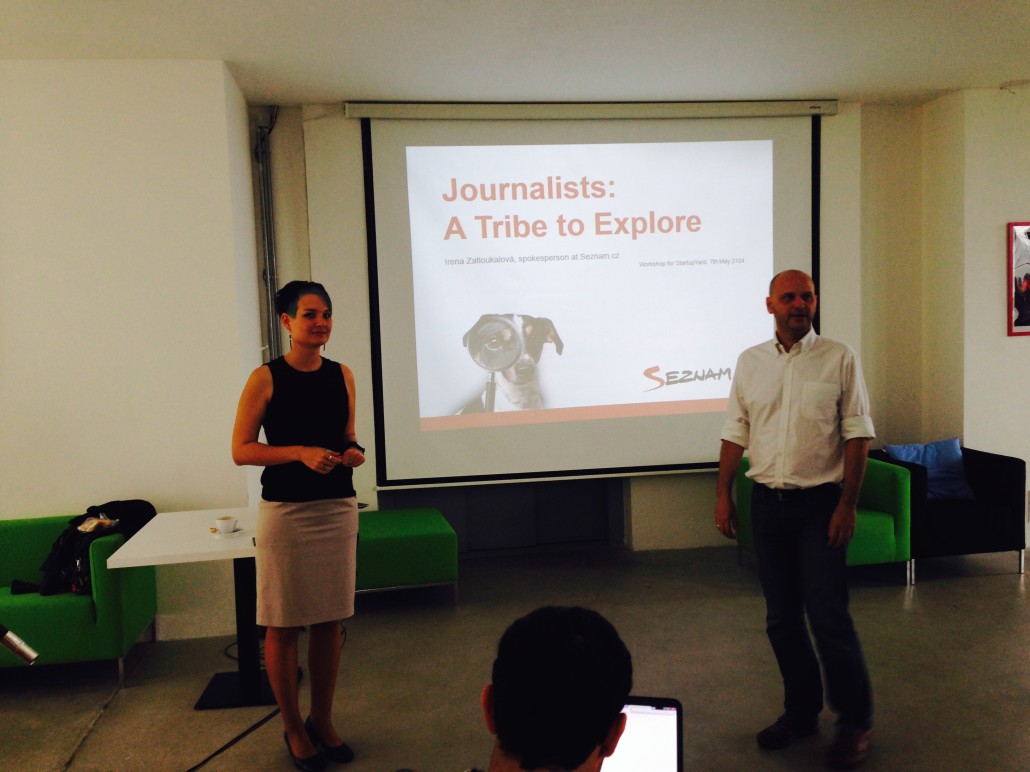
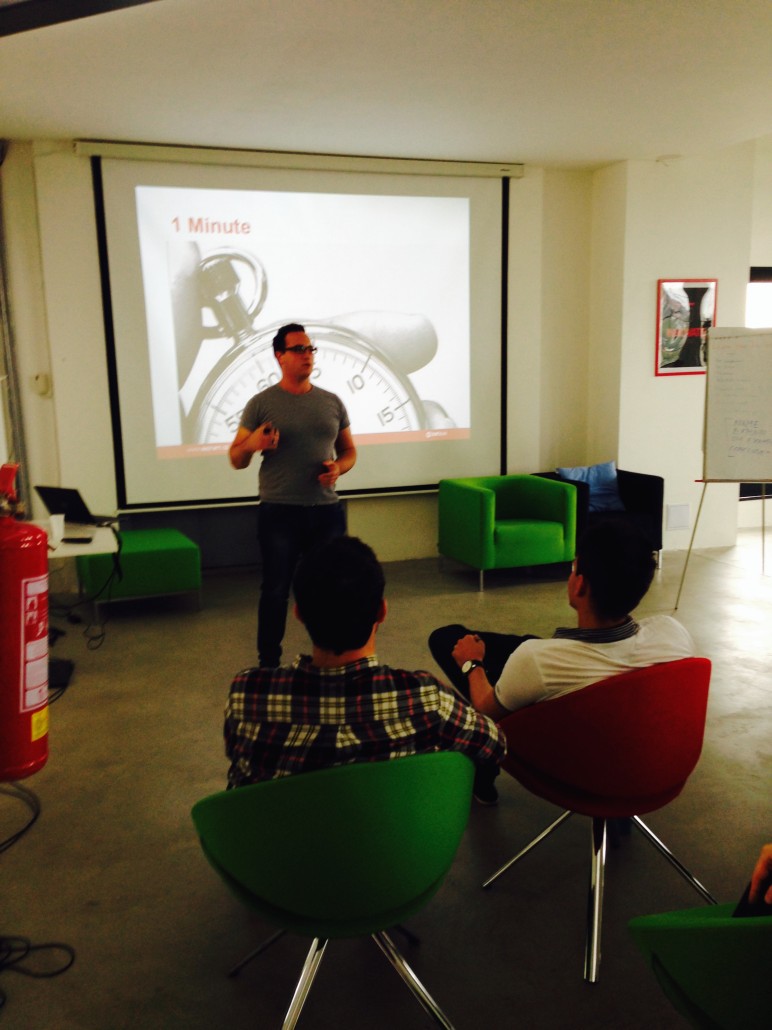
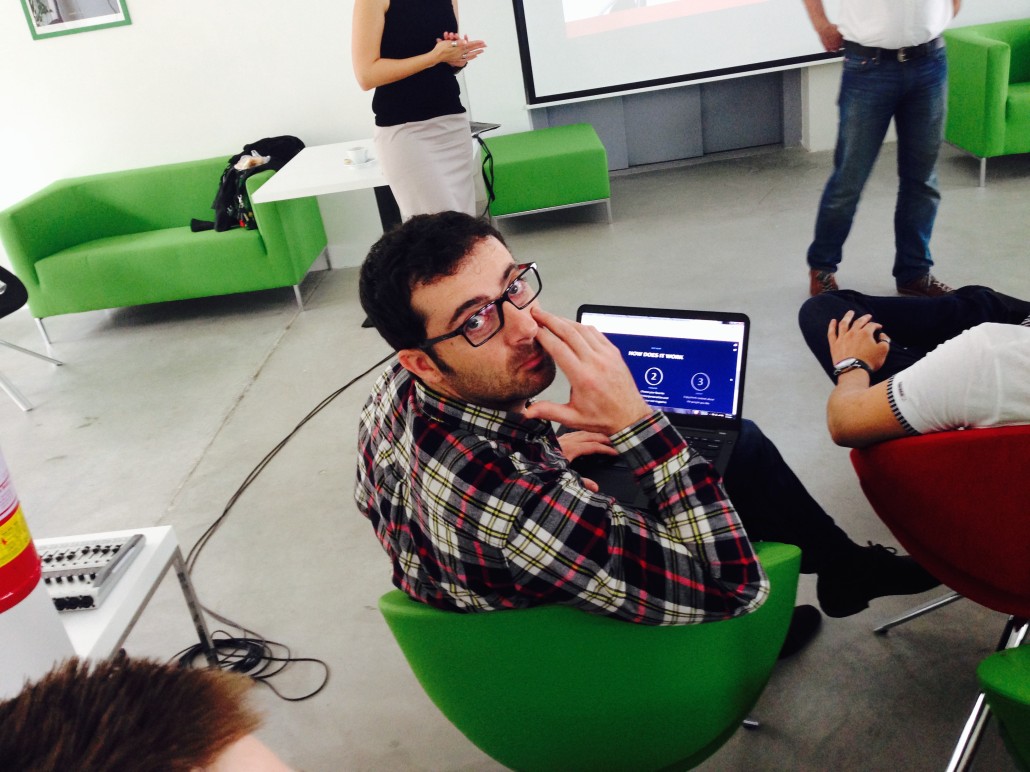
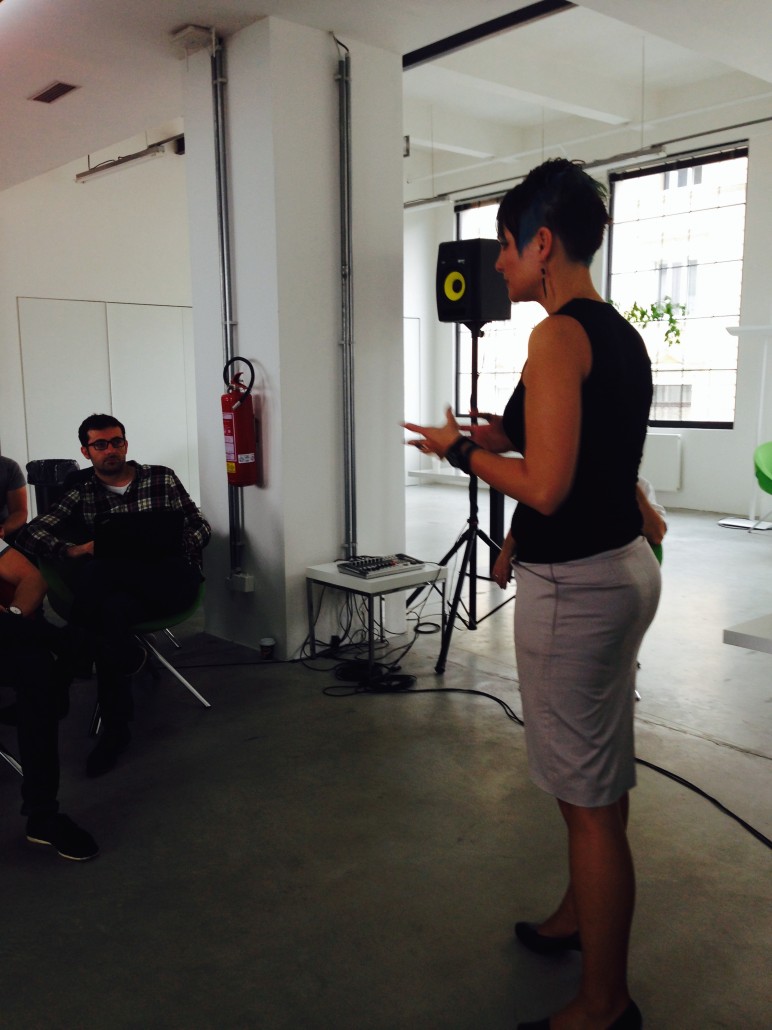
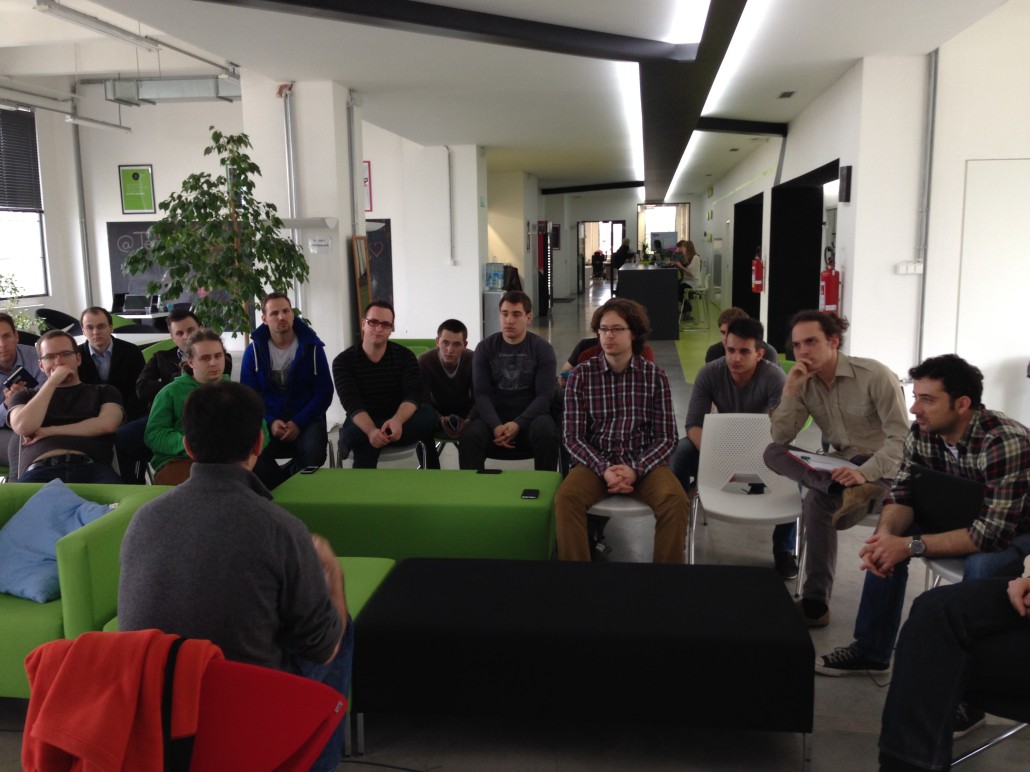
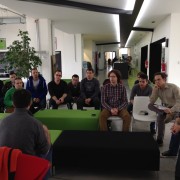
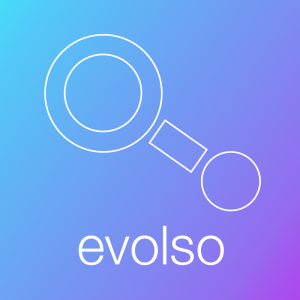


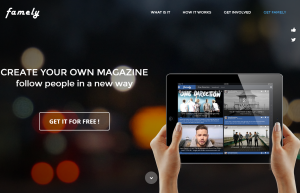
 Gjirafa is the first search engine and news aggregator for Albanian, a lexically unique language spoken by over 12 million people worldwide. Using advanced Natural Language Processing algorithms, Gjirafa provides access to data that currently cannot be searched online.
Gjirafa is the first search engine and news aggregator for Albanian, a lexically unique language spoken by over 12 million people worldwide. Using advanced Natural Language Processing algorithms, Gjirafa provides access to data that currently cannot be searched online.

 MyPrepApp is a mobile and online service to help students who lack motivation to pass their important exams. MyPrepApp creates customized preparation plans for students, and uses gamification and friend support to motivate them to fulfill their study plans and achieve better exam results. In the Czech Republic, MyPrepApp.com was launched as
MyPrepApp is a mobile and online service to help students who lack motivation to pass their important exams. MyPrepApp creates customized preparation plans for students, and uses gamification and friend support to motivate them to fulfill their study plans and achieve better exam results. In the Czech Republic, MyPrepApp.com was launched as 




